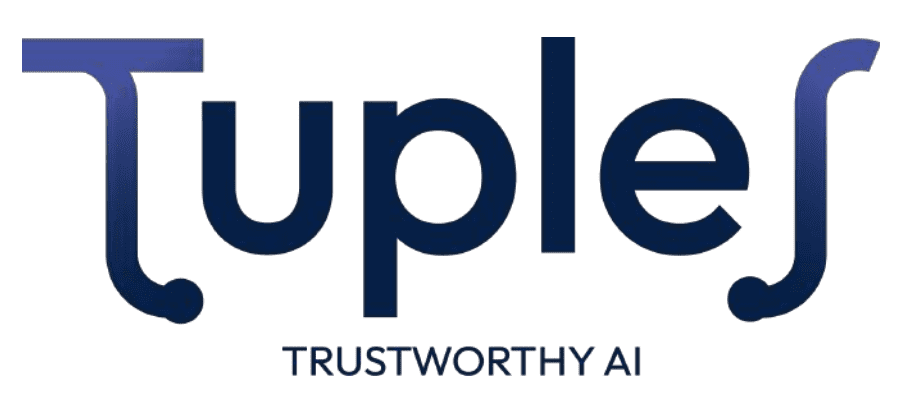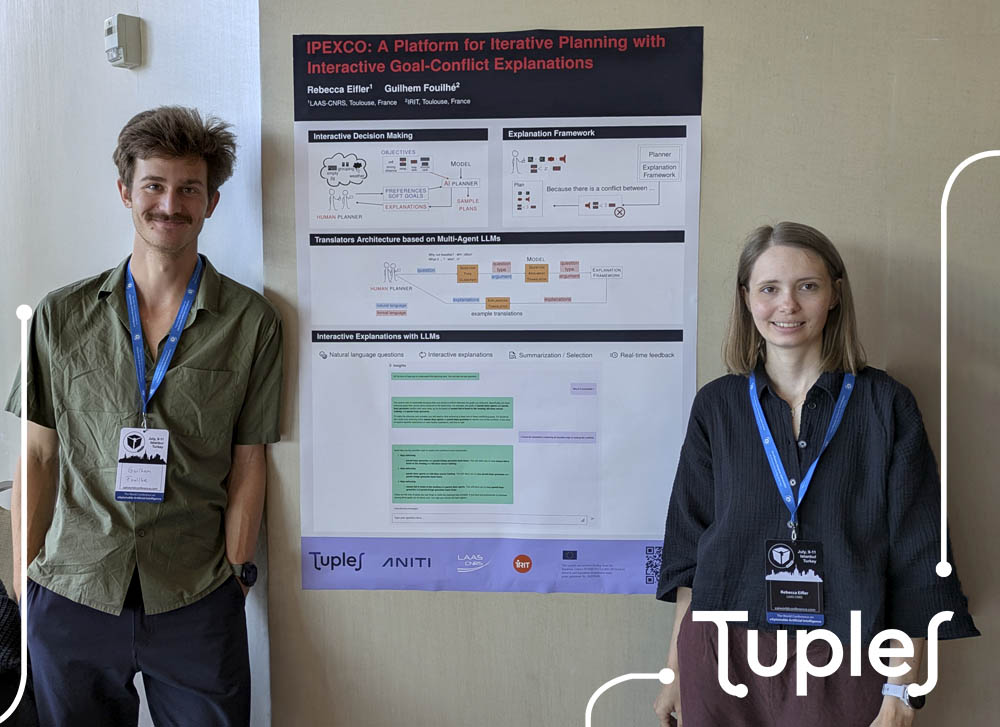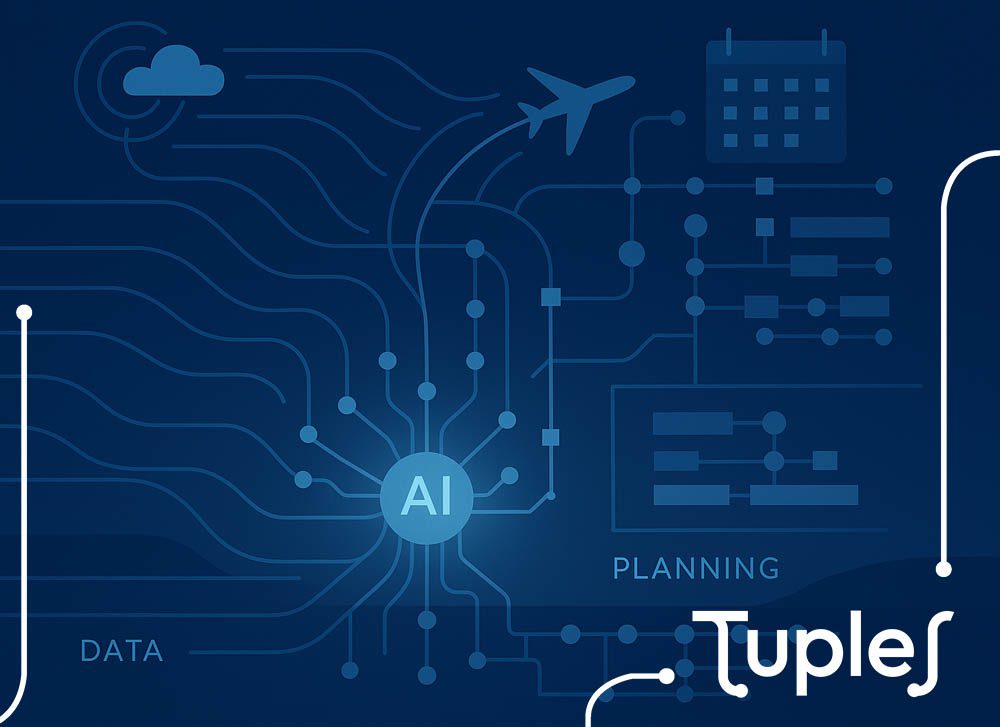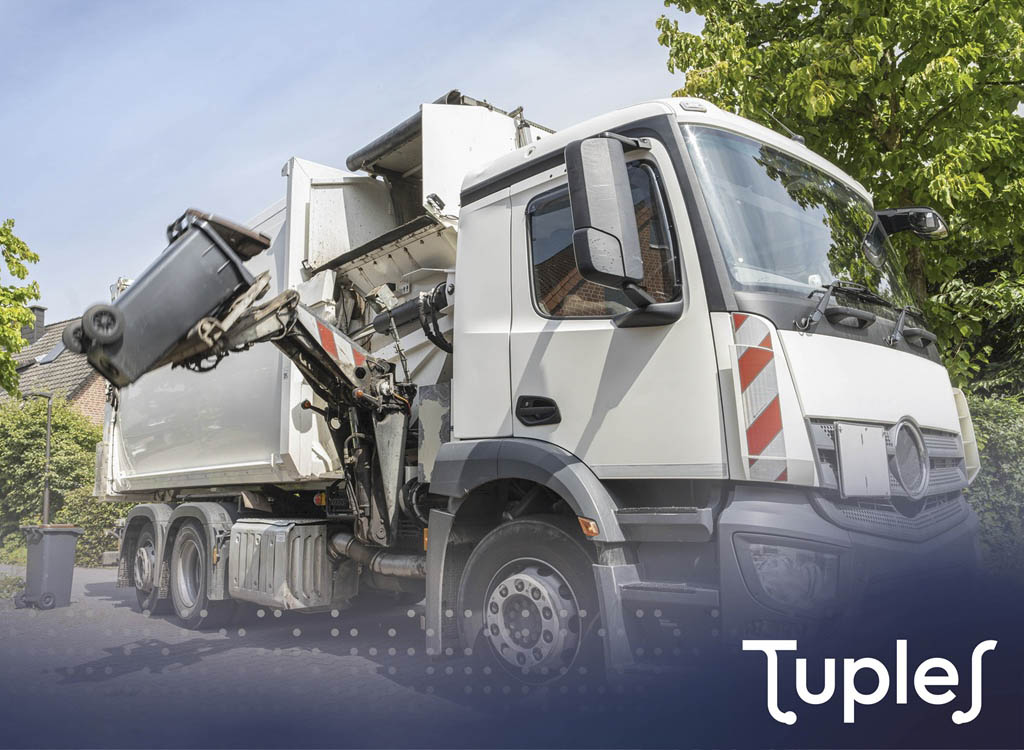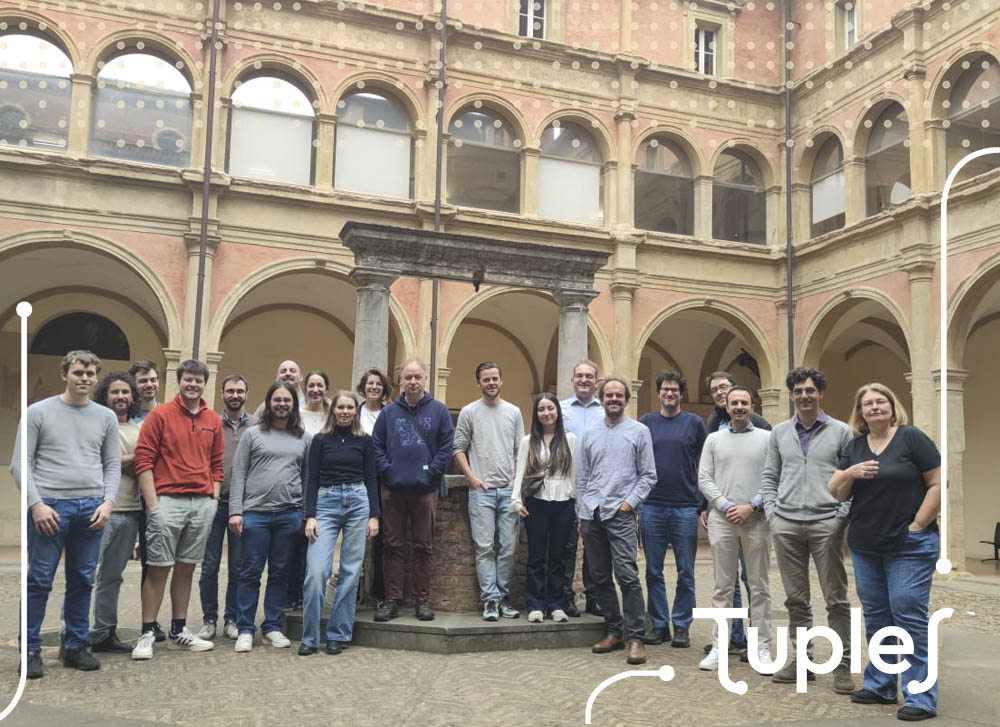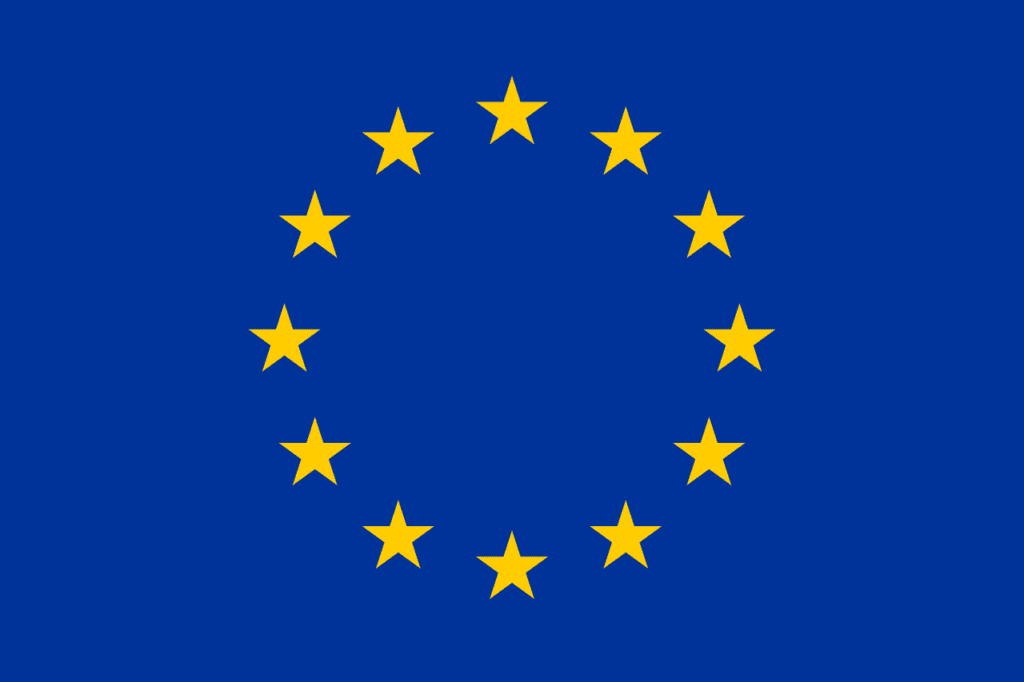TUPLES’s partners: ANITI
-
30/01/2023
-
NewsNews

ANITI, Artificial and Natural Intelligence Toulouse Institute, is the interdisciplinary artificial intelligence institute of Toulouse. Held by the University of Toulouse, is based on 3 main pillars: scientific research, training and contribution to economic development.
It is housed in TGE B612 builiding and hosts around 200 researchers from universities, engineering schools and scientific and technological research organizations in Toulouse and its region, as well as around 50 partners.
The Institute has targeted as strategic application sectors: (1) intelligent mobility and transport, and (2) robotics/cobotics for the industry of the future. ANITI aims to promote exchanges between industrialists who address their problems to scientists and academics in order to develop new markets and new technological applications.
ANITI is the coordinator of TUPLES and contributes its expertise in automated planning & scheduling, machine learning, explanations, and trustworthy AI to the project in the following ways:
- First – Project Manager Naomi Wolff and Project Coordinator Sylvie Thiebaux lead Workpackage 2, which is the coordination workpackage.
- Second – In Workpackage 3, ANITI will leverage the expertise of Dr Emmanuel Hébrard and Prof Sylvie Thiébaux to develop new hybrid methods for planning and scheduling that combine search or constraint programming with learnt heuristics and policies to scale up to larger problems.
- Third – In Workpackage 5, which focuses on explanations, Prof. João Marques-Silva‘s expertise on formal explanations for machine learning models will be used to extend these techniques to be more interactive and efficient, and to handle the more complex case of models representing plans, schedules and policies in collaboration with Saarland University.
- ANITI will also investigate the ethical and legal aspects of explanations, leveraging the expertise of Profs. Nicholas Asher and Céline Castets-Renard.
- Finally, in Workpackage 6, ANITI will continue the ongoing collaboration with Airbus on hybrid methods for task scheduling in manufacturing, and collaborate with SciSports on explanation techniques for the sports use case as well as with Optit on the challenging future energy systems use case.
Three ANITI Chairs are involved in TUPLES: first, the Chair on Deep Learning Verification (DeepLEVER), headed by João Marques-Silva, which aims at explaining and verifying machine learning systems via combinatorial optimization; second, the Chair on Law, Accountability, and Social Trust in AI, headed by Céline Castets-Renard, which studies the social risks that AI might generate; and third, the Chair on Automated Planning, headed by Sylvie Thiébaux, which aims at building safe, robust, and efficient hybrid planning systems that combine the advantage of reasoning and learning.
For further information: https://youtu.be/6T5PcJxMjiE
KEY FACTS
- strategic areas of application : mobility/transport & robotic/cobotic
- +200 researchers
- 3 integrative programs
- 24 scientific chairs
- 1 graduate school
- +50 partners
#tuples #tuplesai #aniti #trusthwortyai #responsibleai #explainableai #ai #horizoneu
Latest News
At the World Conference on eXplainable AI (XAI) in Istanbul, TUPLES researchers Rebecca Eifler (LAAS-CNRS) and Guilhem Fouilhé (IRIT) presented IPEXCO, an innovative platform that brings humans and planners into dialogue through interactive goal-conflict explanations.
We’re proud to share that members of the TUPLES consortium — including Daniel Höller, Jörg Hoffmann, and our coordinator Sylvie Thiebaux — are on the organizing committee of the RIPL Workshop (Reliability in Planning and Learning), part of the prestigious ICAPS 2025 conference.
A recent article in the Czech magazine Nový Prostor, featuring our partners at the Faculty of Electrical Engineering at CVTU (Czech Technical University in Prague), offers a clear and accessible view of how TUPLES technology is already making a difference in urban waste collection — one of the project’s five real-world use cases.
Nearing the finish line of the TUPLES project, we’re reflecting on three years of ambitious, collaborative research into Trustworthy AI for Planning and Scheduling.
